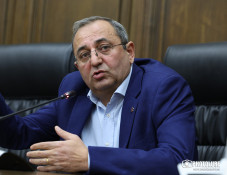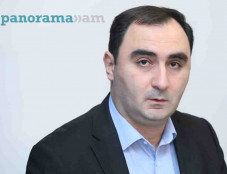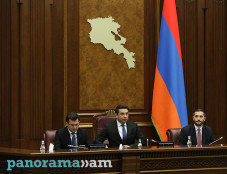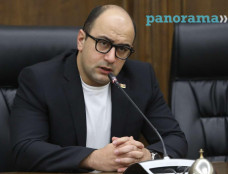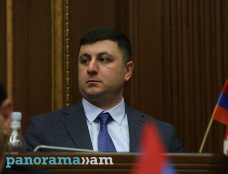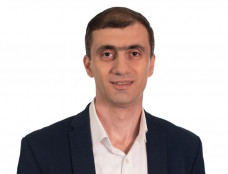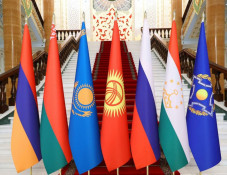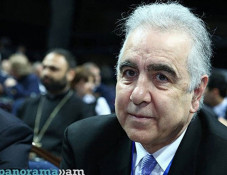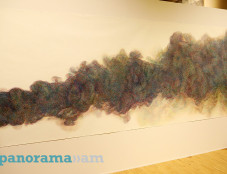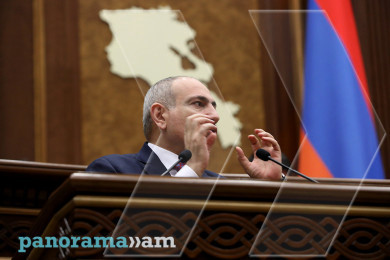
Armenian Church marks the commemoration of St. Gregory the Illuminator’s sons and grandsons
Aristakes was St. Gregory the Illuminator’s youngest son, Qahana.am reports. He led a monastic life from a very early age. He was consecrated a bishop by his father and became one of St. Gregory’s most valued supporters. In 325 A.D. he participated in the First Ecumenical Council of Nicaea, representing the first Catholicos and the entire Armenian Church. Following St. Gregory, the Illuminator, he became Catholicos of All Armenians.
He was killed in 333 A.D. by Arkeghayos, a prince of Greater Armenia, for criticizing some incorrigible behavior of the king, and was buried in the village Til.
Vrtanes was St. Gregory the Illuminator’s elder son. He was married and had two sons – Grigoris and Housik. Following the death of his brother, he ascended to the Catholicosal Throne.
Although Christianity was already fairly well accepted as the official religion, some remnants of paganism and heathenism continued in remote areas and smaller villages. One region that had substantial resistance was the province of Daron. Vrtanes organized annual festive Christian celebrations in this province to gradually eliminate their pagan beliefs and practices.
Vrtanes died in 341 A.D. and was buried in the village Tordan, near the relics of St. Gregory the Illuminator.
Grigoris was the elder son of Vrtanes. He was sent by the Armenian Church to spread Christianity among the neighboring nations of Armenia. He was martyred upon the order of King Sanesan, the head of the nomadic Mazkut tribe. His remains were buried by the deacons who served with him, in the village of Amaras, in Artsakh. In 489 A.D. upon the order of the Aghvan (Caucasian Albanian) King Vachagan, the Church of St. Gregory was built on this site.
Housik was the younger son of Vrtanes. He married with the daughter of the Armenian King Tiridates and had two sons – Pap and Antiochus. In 341 A.D. he was elected as the Catholicos of All Armenians.
He resisted and challenged the will of King Tiran, who wished to hang the portrait of Julianus the Betrayer in a church. He was severely beaten, martyred, and was buried in the village of Tordan, province of Daranaghi.
Bishop Daniel Assyrian was famous for his saintly way of life. As he grew older he led an ascetic and isolated life in the province of Daron. Following the martyrdom of Housik, he was invited to be the Catholicos of All Armenians.
During the very first meeting with King Tiran, he strictly castigated him on the murder of the Pontiff Housik. The king summarily ordered the death of Daniel by strangulation. His remains are buried in the Monastery of Hatsyats Drahkt.
The sons and grandsons of St. Gregory the Illuminator are remembered and commemorated by all Armenian Churches throughout the world for their service to the Church, their faithfulness to Christianity, and their commitment to the Armenian people.
Newsfeed
Videos





